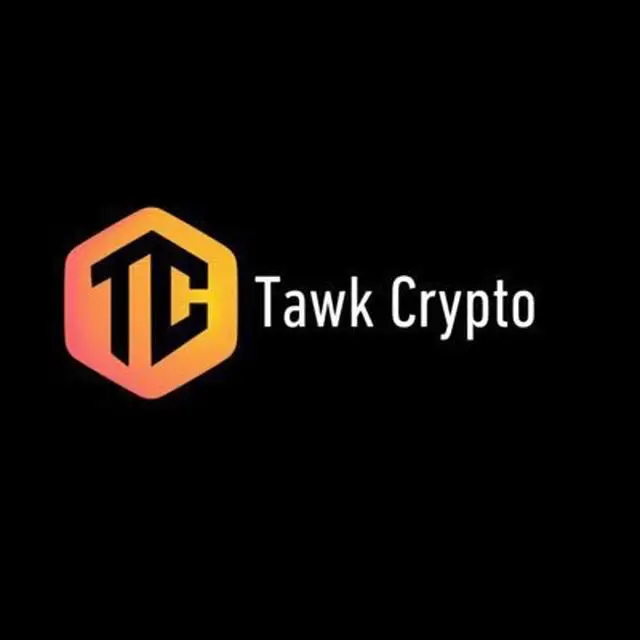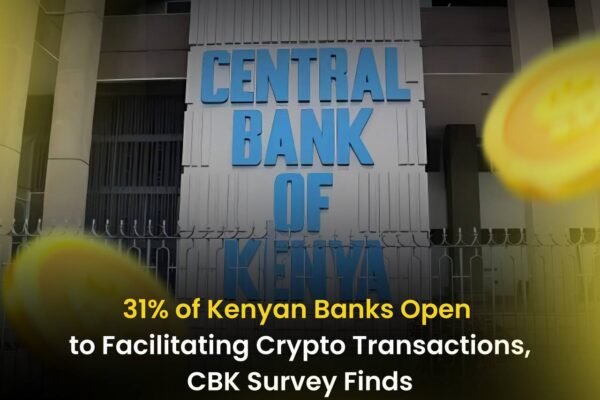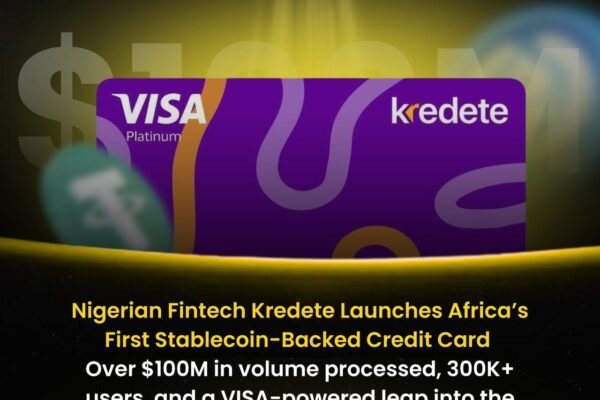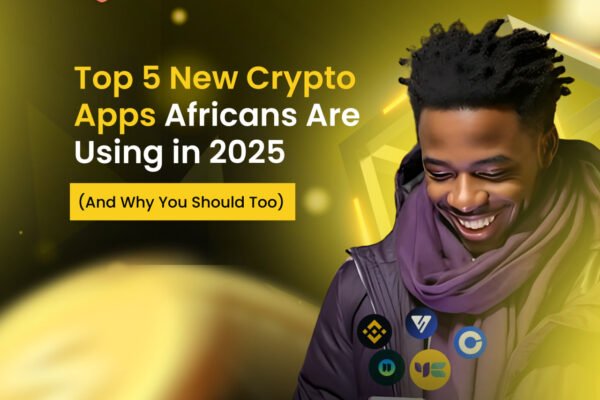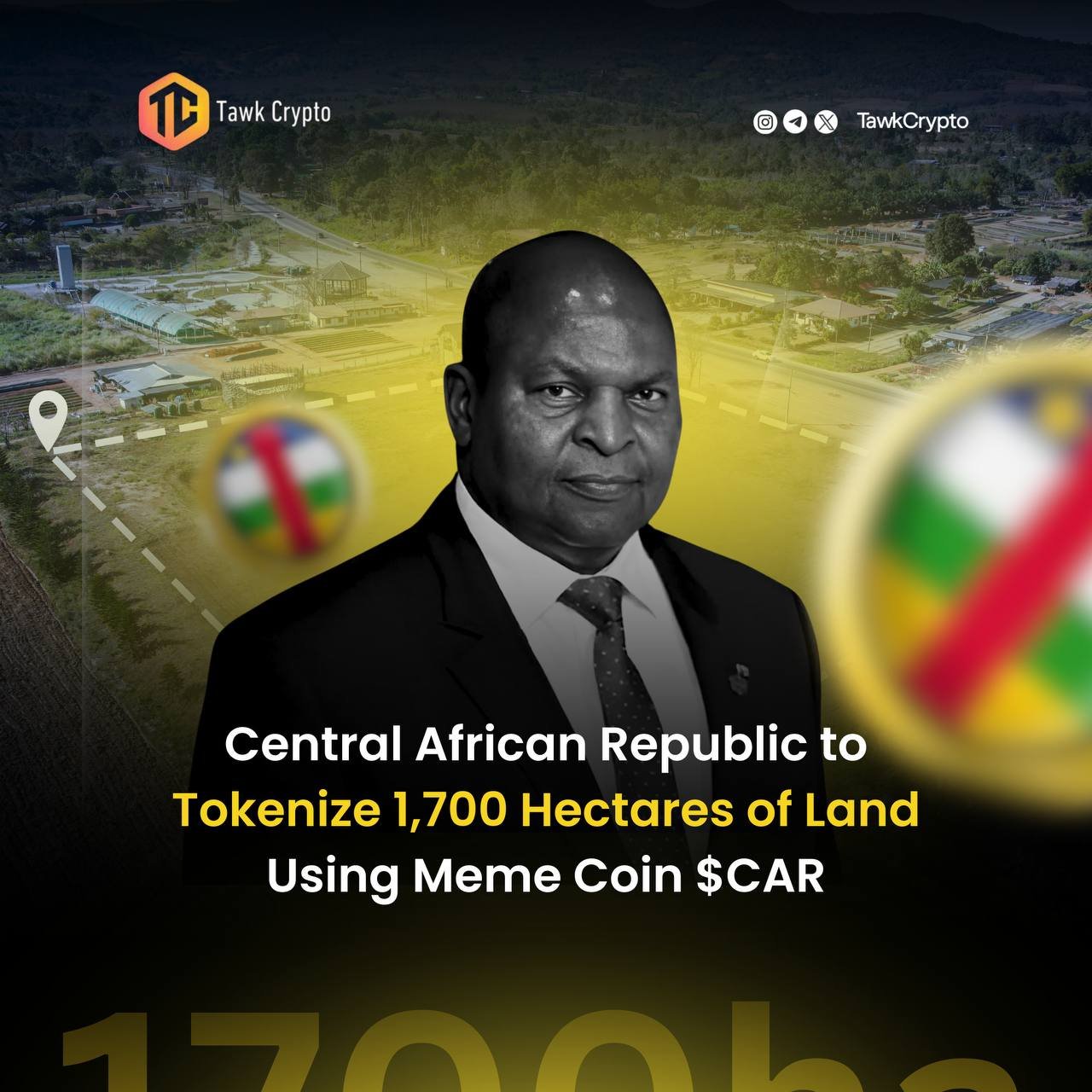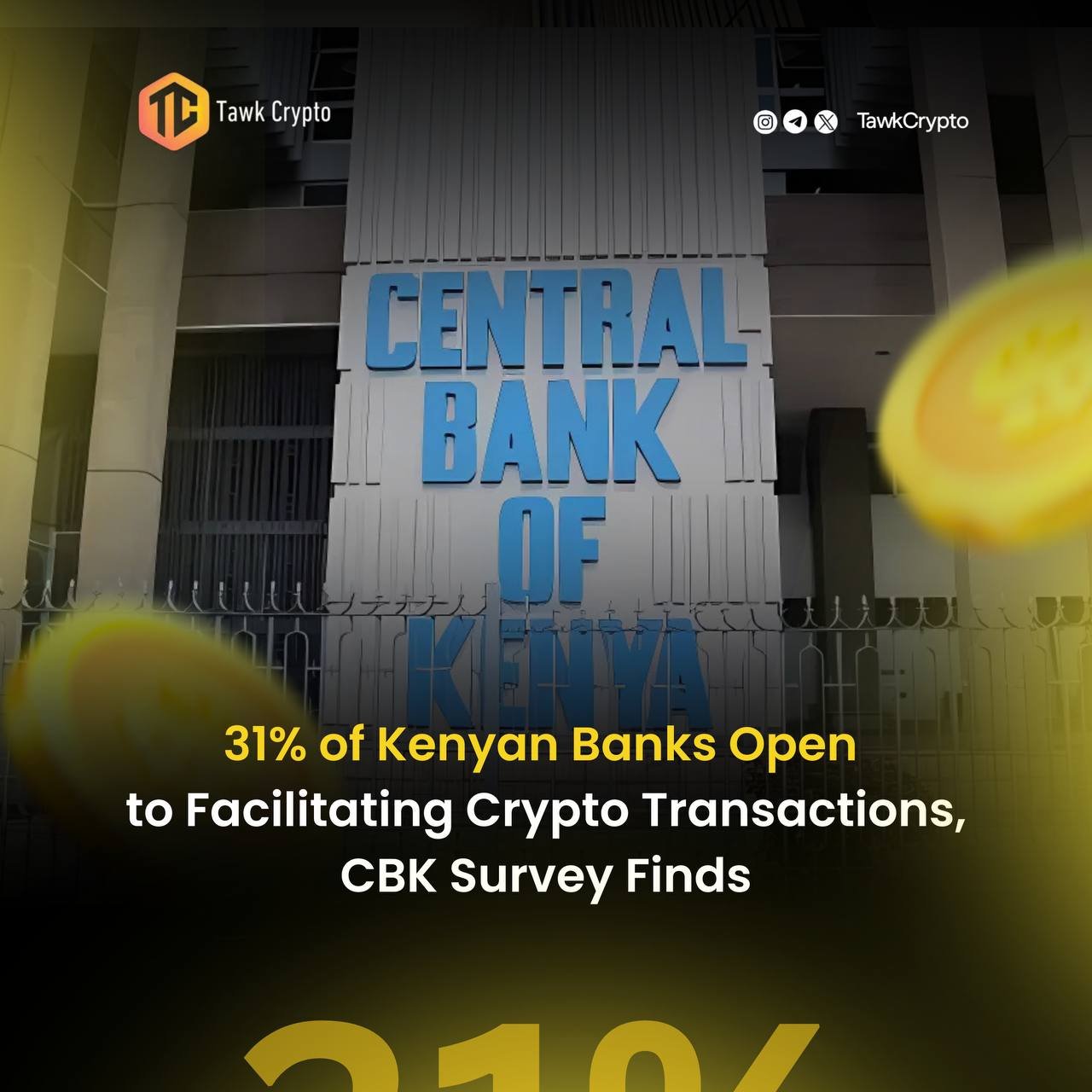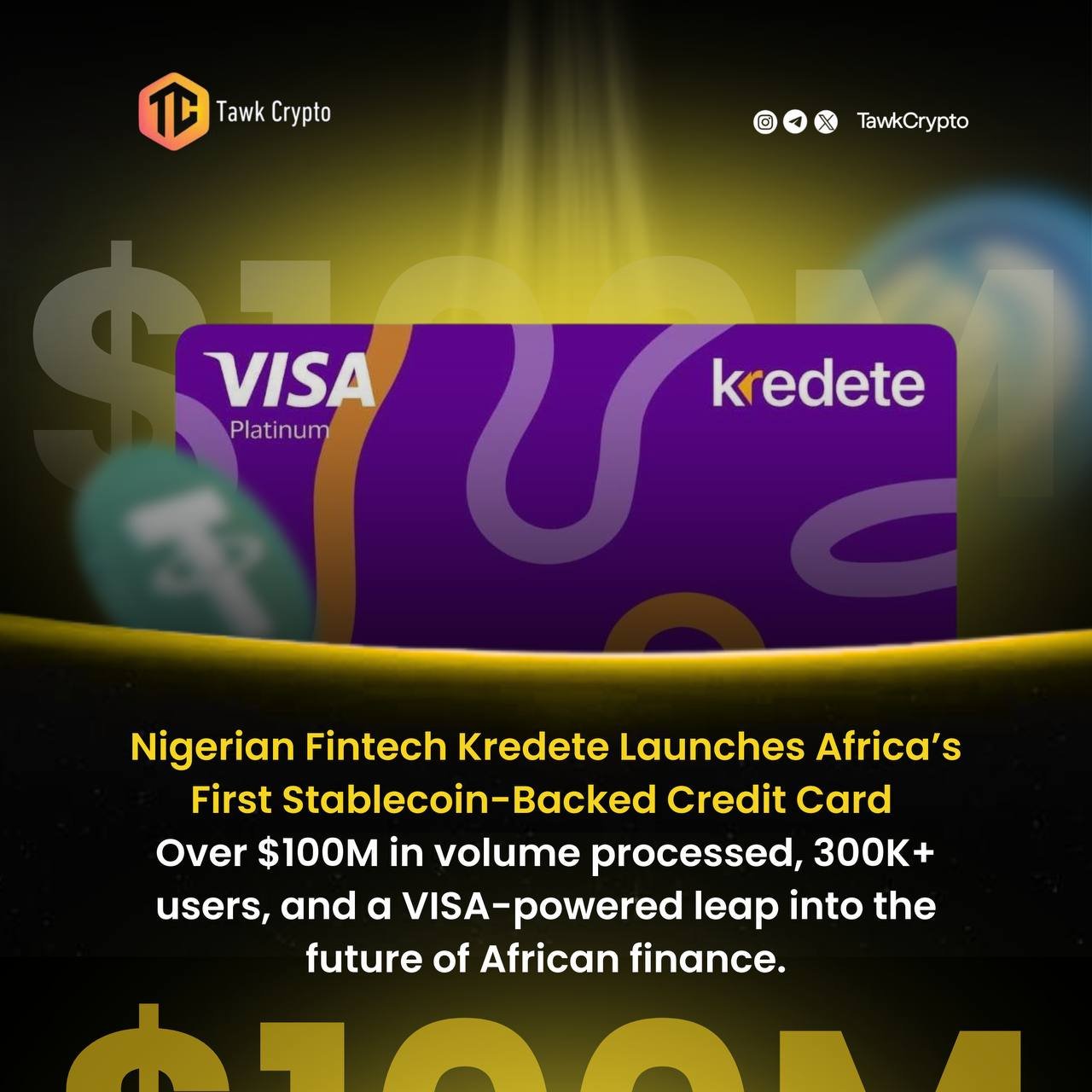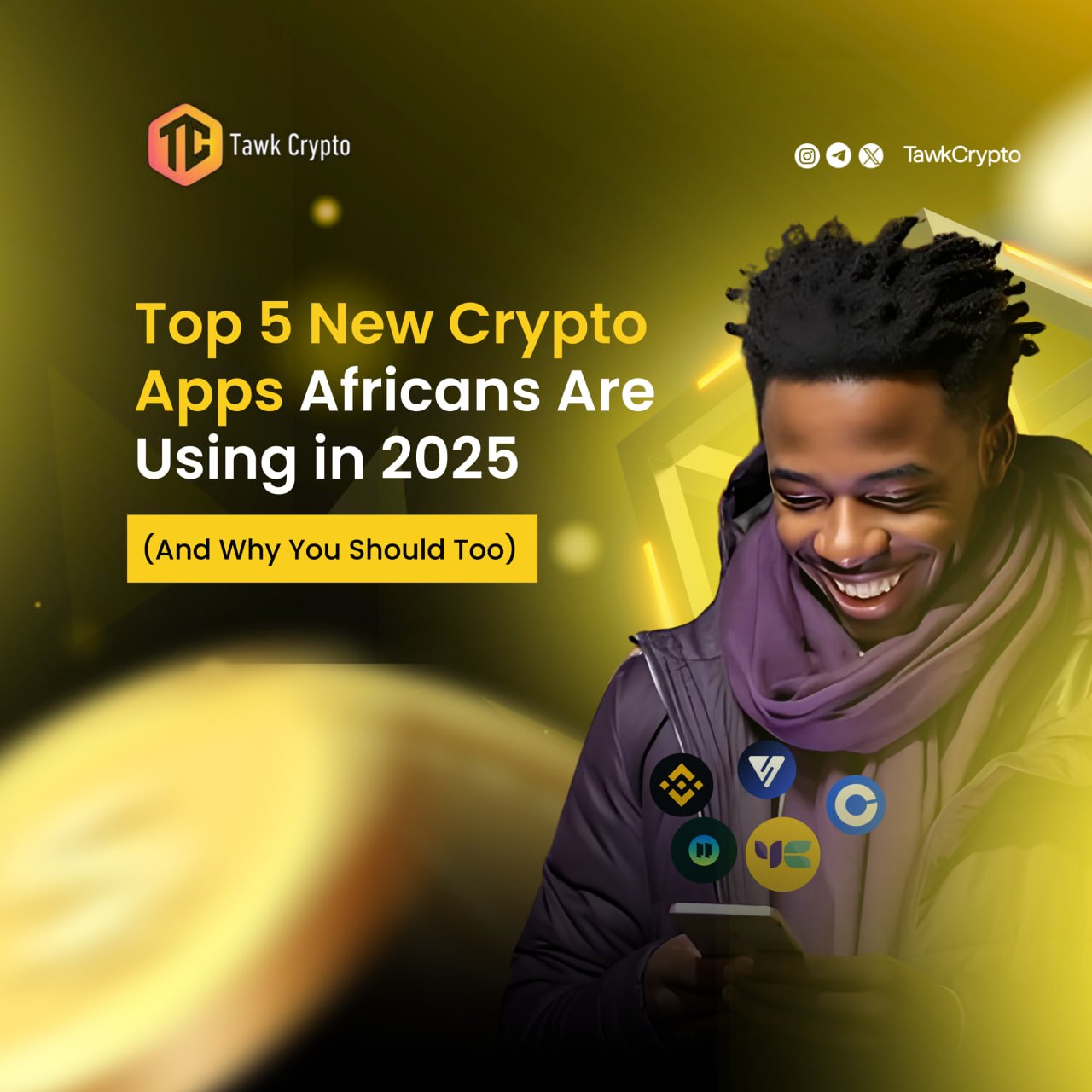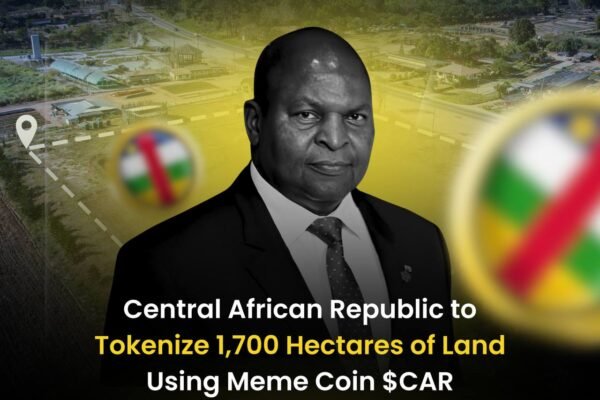
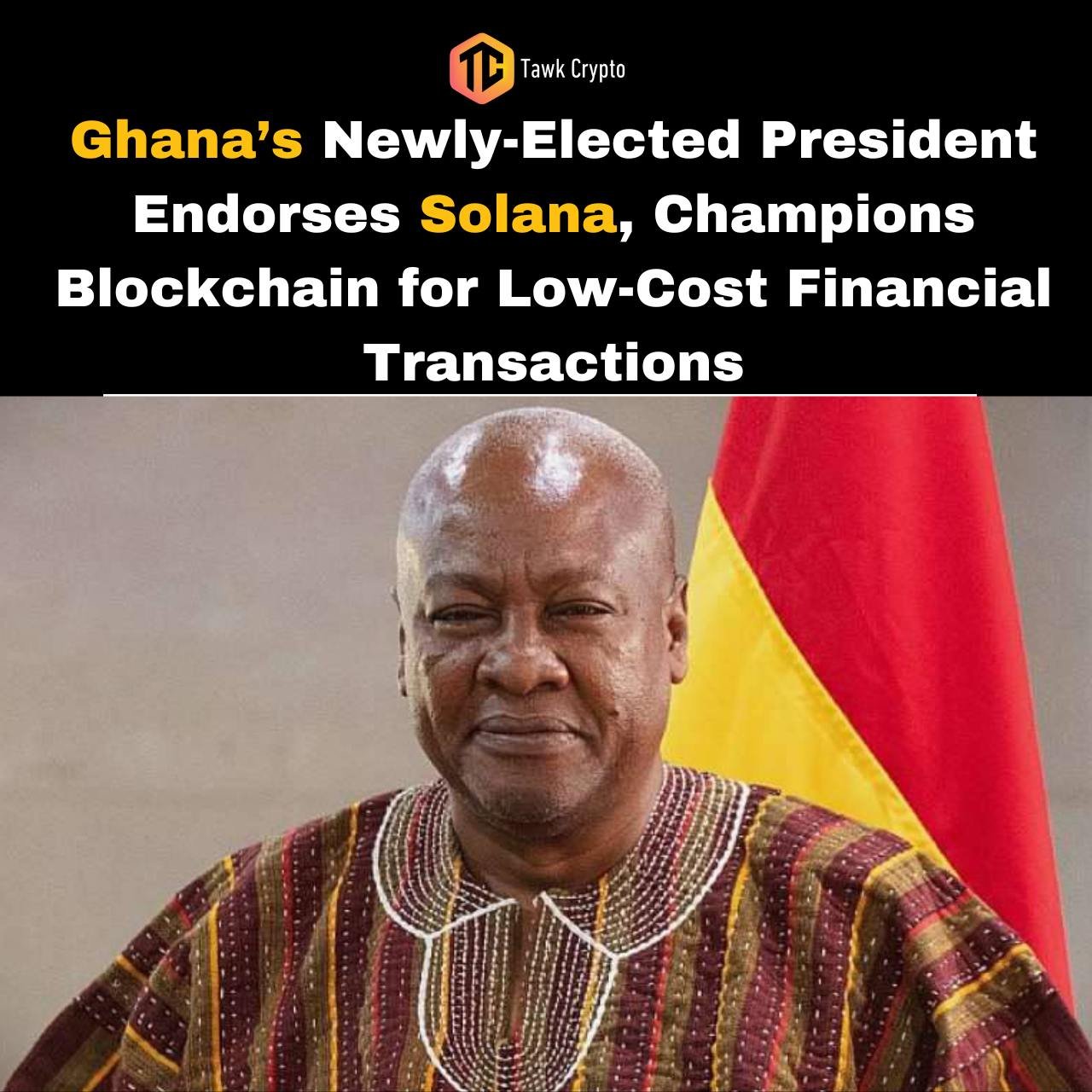
Ghana’s Newly-Elected President Endorses Solana, Champions Blockchain for Low-Cost Financial Transactions
“We must embrace blockchain technology, not fear it. A well-regulated crypto ecosystem can unlock massive economic potential for Africa.”
Ghana’s newly-elected President, John Dramani Mahama, has openly endorsed Solana, a high-speed blockchain network, as a key driver for fintech growth and cryptocurrency adoption across Africa. His remarks mark one of the most significant pro-crypto statements by an African head of state, signaling a potential shift in Ghana’s approach to blockchain regulation and financial innovation.
Mahama’s Vision for Blockchain in Africa
Speaking at the African Prosperity Dialogues Summit in Accra, Ghana, President Mahama emphasized how blockchain technology—particularly Solana’s rapid transaction speeds and low fees—could revolutionize financial services on the continent.
“Financial inclusion isn’t just a need for Ghana – it’s essential for all of Africa. With its low transaction costs, Solana could be the key to driving fintech growth and enabling cryptocurrency payments & investments across the continent,” Mahama stated in a post on his official X (formerly Twitter) account.
The President, who took office in January 2025 after winning Ghana’s December 2024 elections, stressed that traditional banking infrastructures have failed to adequately serve millions of unbanked and underbanked Africans. Decentralized finance (DeFi), he argues, presents a viable alternative that can democratize access to financial services.
Ghana’s Crypto and Blockchain Regulatory Landscape
Mahama’s endorsement of blockchain comes at a time when African nations are rapidly expanding their engagement with cryptocurrencies. Countries like Nigeria, Kenya, and South Africa are already leading in crypto adoption, leveraging digital assets for remittances, peer-to-peer payments, and digital savings. Ghana, however, has been relatively cautious in its regulatory stance.
Since December 2023, the Ghanaian Securities Exchange Commission (SEC) has been working with a special task force to build capacity and expertise in the cryptocurrency space. While no definitive regulations have been enacted yet, Mahama’s blockchain-positive stance could accelerate Ghana’s path toward formal crypto-friendly policies.
Mahama’s endorsement is particularly noteworthy given that his electoral opponent, former Vice President Mahamudu Bawumia, had pledged to utilize blockchain for governmental operations. With Mahama now in office, his pro-blockchain rhetoric suggests that Ghana may soon implement policies that align with the broader trend of African governments embracing digital assets.
Africa’s Growing Crypto Momentum
Mahama’s pro-crypto statements come amid growing blockchain adoption across Africa. Nigeria, for example, reversed its 2021 banking restrictions on crypto firms in late 2023, allowing licensed exchanges to operate freely within the financial system. Kenya has witnessed a boom in crypto-based remittances, while South Africa continues to be a hub for institutional crypto adoption.
Ghana’s economy, which has faced challenges such as currency depreciation and limited access to global financial markets, could benefit significantly from blockchain-powered financial solutions. Digital assets like USDC and cUSD (Celo Dollar) already provide alternative payment and savings options for many Ghanaians, and Solana’s speed and efficiency could further enhance these use cases.
Call for Balanced Crypto Regulation
In his speech, Mahama urged African governments to adopt forward-thinking blockchain regulations that encourage innovation while ensuring consumer protection. He stressed that regulatory clarity is essential for fostering economic growth and attracting investment in Africa’s digital economy.
“We must embrace blockchain technology, not fear it. A well-regulated crypto ecosystem can unlock massive economic potential for Africa,” he stated, reinforcing the idea that regulatory progress should align with technological advancements.
Public and Private Sector Collaboration for Blockchain Innovation
President Mahama also emphasized the need for collaboration between governments, financial institutions, and private-sector players to drive blockchain adoption. He called for increased investment in fintech startups, digital literacy initiatives, and blockchain education to ensure that Africa remains competitive in the global digital economy.
Additionally, Mahama addressed environmental concerns surrounding blockchain technology, acknowledging that older networks like Bitcoin consume significant energy. However, he pointed out that newer networks like Solana are far more energy-efficient and sustainable, making them ideal for Africa’s financial transformation.
The Road Ahead: Will Ghana Lead Africa’s Blockchain Adoption?
With Mahama at the helm, Ghana has an opportunity to position itself as a leader in Africa’s blockchain and crypto industry. If his administration follows through on his pro-blockchain stance, Ghana could implement policies that facilitate greater crypto adoption, fintech innovation, and regulatory clarity.
The coming months will be crucial in determining whether Mahama’s government translates these endorsements into actionable policies. If Ghana embraces blockchain at a national level, it could unlock new economic opportunities, improve financial inclusion, and drive technological innovation across the continent.
Read also: How Yellow Card is Redefining Cross-Border Payments in Africa
